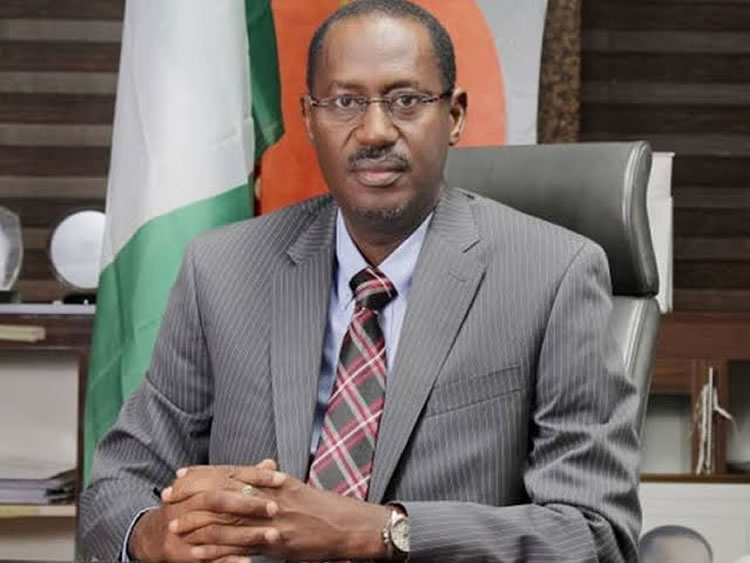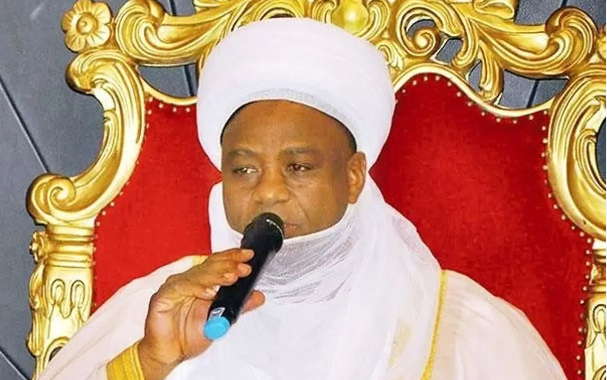The Bayelsa State Governor, Senator Douye Diri, recently met with the Secretary-General of the Commonwealth, Baroness Patricia Scotland, at the body’s secretariat in London.
The meeting was not that of a jamboree, but a campaign for environmental justice for oil-ravaged communities in his state and the Niger Delta region at large.
The Otuabagi community, Oloibiri in Ogbia local government area, where oil was first struck in commercial quantity seventy years ago, is in Bayelsa State.
The campaign comes amidst the divestment of onshore and shallow water assets by oil multinationals, who operated and raped communities of the region for seven decades. As if to continually spite the people, these companies, with Shell who is the highest polluter taking the lead, have outrightly refused to address communities’ concerns or make any decisive statements as to how the environment and the people’s livelihood can be remediated.
When the United Nations Environment Programme (UNEP) released its report that led to the clean up of the Ogoni environment in 2011, part of the recommendations was to use the Ogoni clean up as pilot for the remediation of the entire Niger Delta region.
Regrettably, that project has continued at a snail pace, with no hope in sight for other communities.
In 2023, Diri commissioned an investigation through the Bayelsa State Oil and Environmental Commission (BSOEC) titled: “An Environmental Genocide: Counting the Humanitarian and Environmental Cost of Oil in Bayelsa, Nigeria.
The 216-page report of the commission, which was chaired by the former Archbishop of York, Lord John Sentamu, was launched at the House of Lords in London.




